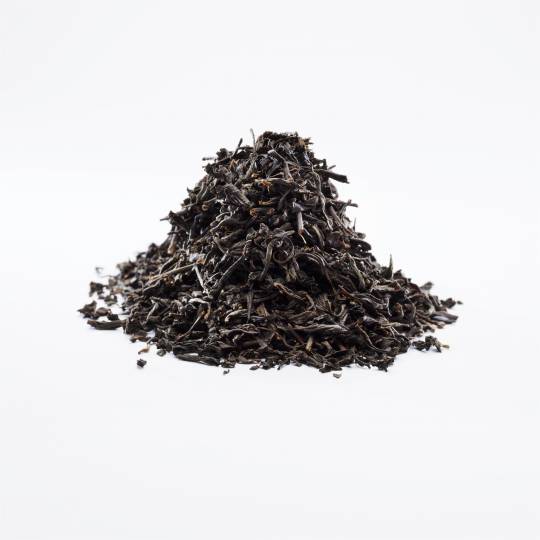More about: Tea
Tea has in modern times been man's favorite drink. Tea is consumed by all people around the world. Tea is both healthy and nutritious and has at times almost had a cult status. There is an indisputable link between modern tea drinking and ancient China. We go as far back in Chinese history as the year 2737 before our time. It is from here we know the most telling legend about tea. This is where the knowledge of the origin of tea originated, and the knowledge of tea consuming this wonderful and life-enriching tea drink. Tea's journey through the ages and across continents has led to a radical development of new cultivation methods, tea has led to new rituals and innovative accessories for brewing tea. However, all this does not change with the colorful origins of tea: The most widely recognized myths and legends about tea tell that it was Emperor Shen Nung, a learned physician, who first discovered the tea's good properties for health and well-being, as well as the tea's refreshing scent and refreshing taste when a few tea leaves suddenly one day dropped from a tree and, with the help of the wind, happened to land in a large kettle of water that he had just brought to a boil. Thereafter, the tea's invigorating properties were discovered which increased concentration, tea counteracted depression and tea seemed spiritually refreshing. The tea quickly gained the status of tea herbal elixir and was used to aid digestion and was also used as a tea ingredient in skin care products to help with skin problems and arthritis. During the Han dynasty, tea became an increasingly popular drink and to this day there are still antique lacquered trays and tables, specifically designed for tea, as well as decorated and likewise varnished cups, as well as early porcelain bowls for tea, which testify to the spread of the tea and varying usage. By the end of the third century before our time, the tea had evolved into China's national drink and in 332 Zhang Yi wrote in great detail how the tea was planted, grown and picked and how the leaves were treated before brewing. During the fourth and fifth centuries, several new plantations were founded in the valley along the Yangtze River and the tea was no longer considered simply an elixir, but now also as a means of enjoyment. Up through the Tang Dynasty, a new etiquette on tea drinking was developed and strict codes and rules emerged among a new professional class of so-called 'tea masters', who took on an extremely important role in society, namely as emperor or wealthy Mandarin people.













